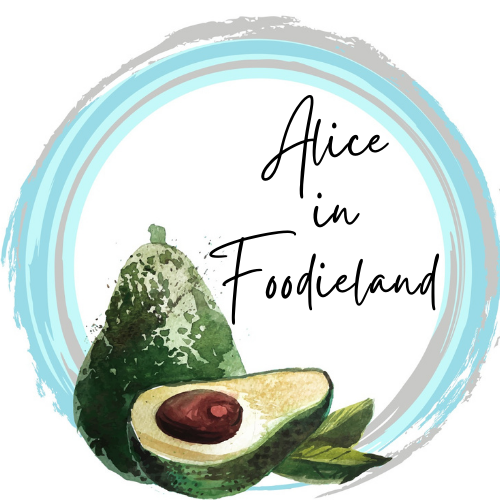
In Part 4 of the Gut Health Series, I want us to explore the effects of a probiotic-rich diet. Probiotics are one of the hottest and trendiest topics in the wellness world. We see probiotics in TV ads, magazines, and in every corner of our grocery stores. Nowadays, we find a myriad of food products claiming to be rich in probiotics. I am writing this article to bust some myths around probiotics and to provide you with trustworthy insight into the possible health benefits of a probiotic-rich diet.

Probiotics are good bacteria that support our health. They live and colonize our digestive system.Their most important role is to promote healthy digestion. If you are a healthy adult, adding probiotic rich foods can aid in promoting efficient digestion and boosting your immune system. In persons managing IBS, gastritis, Crohn’s disease, ulcerative colitis, or other digestive conditions, probiotics have been associated with reduced digestive health symptoms such as diarrhea, constipation, and stomach pain (1). Because of all the positive health benefits from probiotics, I recommend that you make probiotic rich foods ( and supplements if needed) a part of your Mindful Living and Happy Eating philosophy. Let the good bacteria roll!
.Let’s answer some Basic Questions about probiotics:
Q: What are probiotics?
A: Probiotics are live microorganisms (bacteria or yeast) that promote digestive balance and overall health.
Q: How do probiotics aid digestion?
A: Probiotics have been shown to promote proper carbohydrate metabolism and fermentation. Most of the foods we consume, including veggies and fruits, are carbohydrates. Probiotics are helpful in helping our bodies metabolize (digest) carbohydrates effectively.
Q: Do probiotics boost your immune system?
A: Yes, probiotics are known as the “good bacteria,” since they slow down production of “bad bacteria” in your gut. These bad bacteria are often responsible for indigestion, infections, and inflammation. The less bad bacteria you have in your gut, the better.
Probiotics also activate your immune system, which empowers your body to fight against bad bacteria that can otherwise make you sick(3).
Probiotics allow your body to thrive by improving your digestive health, promoting normal bowel movements, and reducing inflammation in your body.
Q: Will having a diet rich in probiotics help me poop better?
A: Absolutely. Probiotics aid in the motility (movement) of your intestine. This can make your bowel movements more regular, and smoother. Simply put, probiotics help your body “poop” better(2,!
Do probiotics help alleviate inflammation?
There is growing evidence that specific strains of healthy gut microflora (colonies of probiotics) have antipathogenic (fight virus and bacterias that cause disease) and anti-inflammatory capabilities. When an infection occurs due to a bad bacteria, the intestines suffer from Inflammation and an imbalance of the good intestinal bacteria in the microflora. Probiotics fight inflammation by balancing the gut microbial environment and strengthening the intestines immunological barriers, which protects us from illness causing microorganisms. Probiotics may play a role in stabilizing inflammatory and anti-inflammatory substances (cytokenes) produced by our bodies.
Q: Will having a diet rich in probiotics help me pee better?
A: Yes. Probiotics have been associated with decreased occurrence of urinary tract / yeast infections.
Q: Do probiotics have real detoxing powers?
Another Yes! Probiotics have been shown to remove toxins from the gut (via binding of toxins, or by preventing toxins from attaching to cell receptors in the body). Excess toxins in your gut can lead to inflammation in your intestines, skin irritations/breakouts, and abnormal bowel movements (diarrhea, soft stools, and constipation).
Q: Will probiotics help with side effects from antibiotics?
A: Yes, if you are taking antibiotics, adding probiotic-rich foods/supplements may alleviate digestive side effects from antibiotic treatment, such as diarrhea and stomach discomfort.
Now that you have a strong understanding of the importance of promoting your gut’s health, it is time to make dietary and lifestyle changes that will allow the good bacteria in your gut to thrive and restore balance to your body.
Here are some small, attainable changes you can make to get you started on optimizing your gut health:
- If you are taking antibiotics, I recommended that you add probiotic-rich foods to your diets. You can eat probiotic-rich foods at least 2 hours before or after taking an antibiotic dose. Do not take your antibiotic and probiotic-rich foods at the same time, since the antibiotic may kill the good probiotic bacteria.
- You can increase intake of probiotics on a daily basis by embracing a diet rich in the following foods. In our next post, we will go on a Foodieland adventure to explore zesty, probiotic-rich foods you can add to your diet for optimal gut health.

